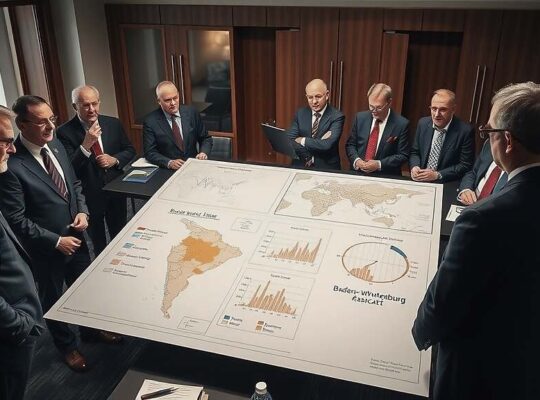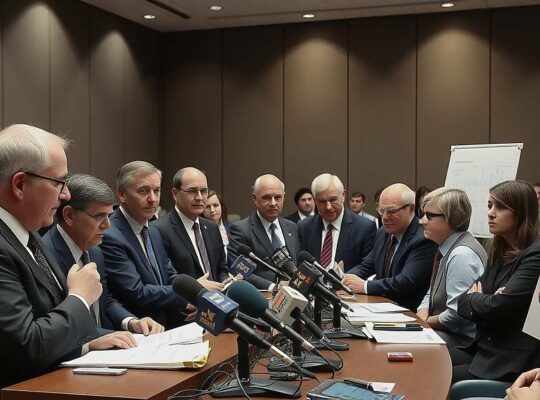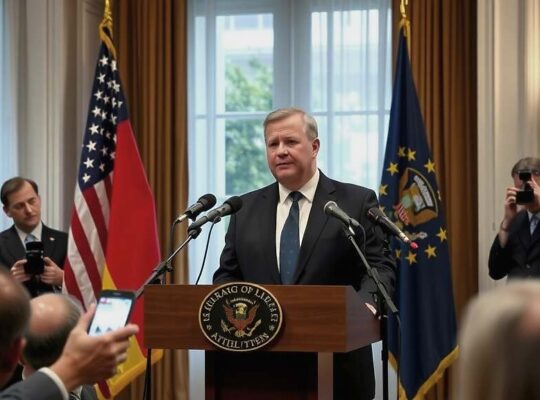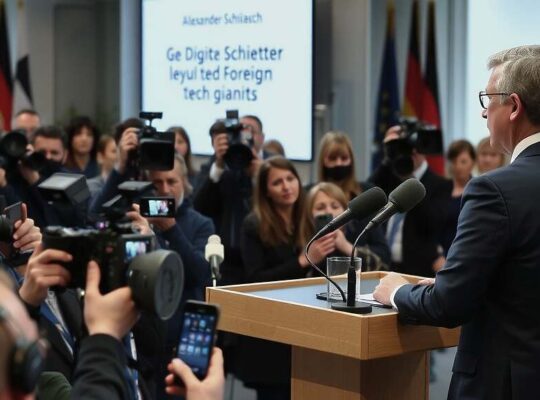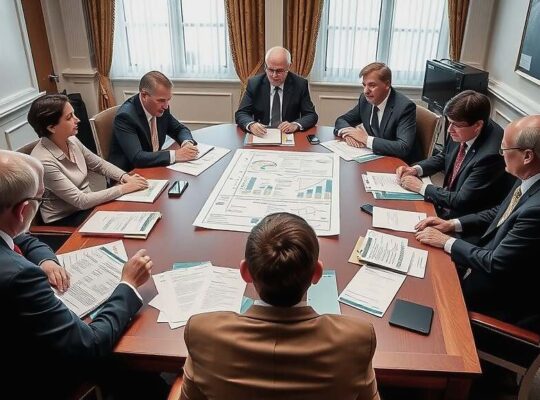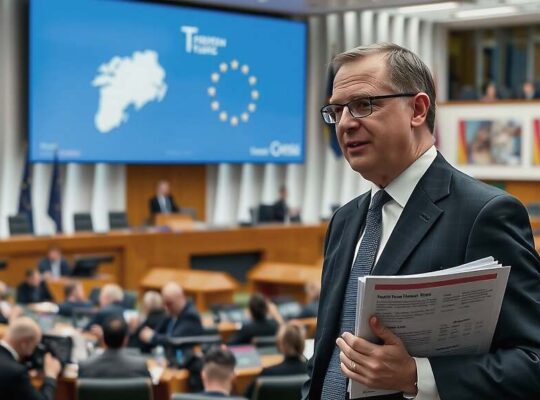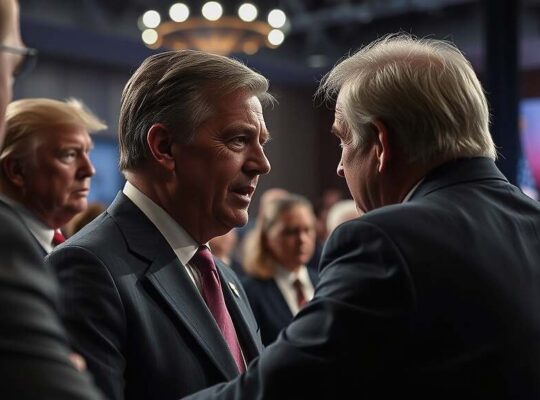Germany’s ongoing fiscal debate is intensifying as proposals for tax increases from the Social Democratic Party (SPD) meet with divided reactions from leading economists. While the SPD argues increased levies are necessary to address budgetary challenges and fund essential investments, concerns are being raised about potential impacts on economic growth.
Marcel Fratzscher, President of the German Institute for Economic Research (DIW), contends that Germany will be unable to overcome its current hurdles without tax increases. He specifically points to the projected €150 billion annual cost of increasing defense spending – equivalent to 3.5% of economic output – as necessitating additional revenue. Fratzscher advocates for increased taxation on substantial assets like land and real estate, alongside a reform of inheritance tax.
However, Clemens Fuest, President of the Ifo Institute, warns that raising income taxes for high earners, introducing a wealth tax, or tightening inheritance tax rules would likely depress private investment and exacerbate existing economic weakness. He points to a potentially exceeding state quota of 50% and a fragile economic outlook as reasons to prioritize expenditure cuts over tax increases.
The debate unfolds as Finance Minister Lars Klingbeil, leader of the SPD, prepares to draft the federal budget for 2027. Current projections indicate a funding gap exceeding €30 billion, leaving the governing coalition – comprising the SPD and the Christian Democratic Union (CDU) – searching for solutions.
SPD representatives maintain that tax increases should be considered alongside measures to alleviate the burden on low and middle earners and to address the country’s substantial investment needs. Sebastian Roloff, economic policy spokesperson for the SPD parliamentary group, suggests that higher earners – those exceeding €20,000 monthly – could contribute a greater share.
Ralf Stegner, a member of the SPD parliamentary group, frames the discussion as a matter of fairness and solidarity, arguing that those with the greatest financial capacity should contribute more.
Despite differing viewpoints, the SPD appears unconcerned by recent statements from CDU leader Friedrich Merz, signaling a more stringent approach to social policy. SPD officials downplayed the comments as intended for internal party mobilization, emphasizing the collaborative spirit within the coalition. They highlight the substantial domestic and foreign policy challenges facing Germany and a commitment to improve cooperation and efficiency in addressing them.



